Classic albums featuring Kenney Jones
The Small Faces, The Faces and The Who
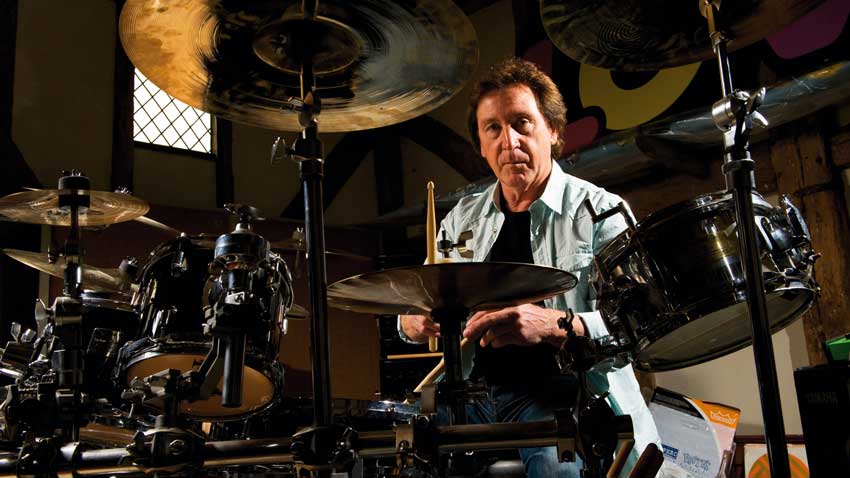
Kenney Jones
“If you have a great song you’ll play great drums,” Jones told Rhythm, and with the bands Kenney has been involved with, it can therefore be no surprise that his drumming was exceptional. Beginning with Steve Marriott’s The Small Faces, Kenney stayed with the post-Steve Marriott Faces, backing Rod Stewart, and replaced the mighty Keith Moon in The Who – contributing to some of that band’s finest later recordings and live moments.
Kenney also pursued a successful session career, recording with artists from Jerry Lee Lewis and Chuck Berry to Joan Armatrading and Billy Bragg. He later formed The Law with Bad Company’s Paul Rodgers, and more recently his own band The Jones Gang, scoring a surprise number one hit in America with ‘Angel’ in 2005.
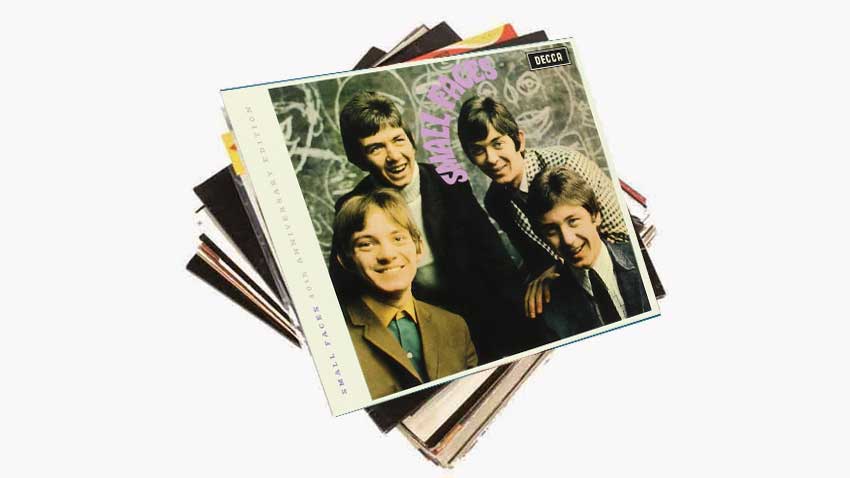
Small Faces (1966)
Featuring the singles Whatcha Gonna Do About It and Sha-La-La-La-Lee, the Small Faces’ first album was engineered by Glyn Johns. Kenney himself told Rhythm, “The first album is very lively with youthful playing and Zeppelin took a lot from it. You Need Loving – which directly inspired Zep’s Whole Lotta Love – and Come On Children as well. They openly admit it. They organised it a bit better [laughs], but it is quite flattering from one of the world’s biggest bands. We must have been doing something right.”
Key track: You Need Loving
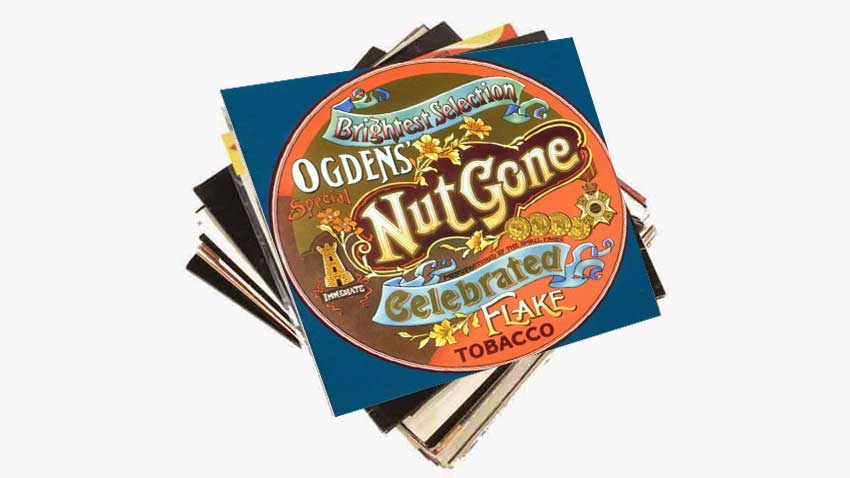
Ogden's Nut Gone Flake (1968)
The creative zenith for Steve Marriott’s East End mods. Released in 1968, and the zenith of The Small Faces’ astonishing creativity, Ogden’s stands out proudly from that uniquely creative era in rock. Kenney’s drumming anchors psychedelic tracks like Happiness Stan and he provides dramatic fills to Afterglow Of Your Love and the rock-operatic Song Of A Baker, while the rollocking Rollin Over is a taste of things to come with The Faces. And best of all it's all linked by the oddly appropriate gibberish of ‘Professor’ Stanley Unwin.
Key track: Afterglow Of Your Love
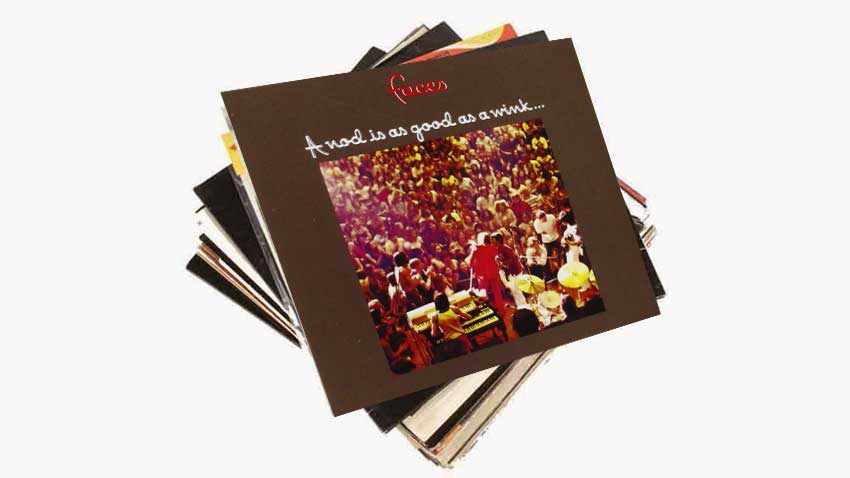
A Nod is As Good As A Wink… (1971)
“Throughout all the albums we had one magic ingredient and that is Glyn Johns,” says Kenney. “He got me the greatest drum sounds and he used a lot of the room – I like big sounds, I like to use the dynamics of the room. I hate drums to sound like cardboard.” On A Nod Is As Good As A Wink… To A Blind Horse Kenney’s drums sound as big as it’s possible to sound, and his drumming is a key component of the band’s rollocking barrel-house style. Kenney rocks Too Bad, grooves on Miss Judy’s Farm and give us a down’n’dirty beat for the raunchy Stay With Me.
Key track: Stay With Me
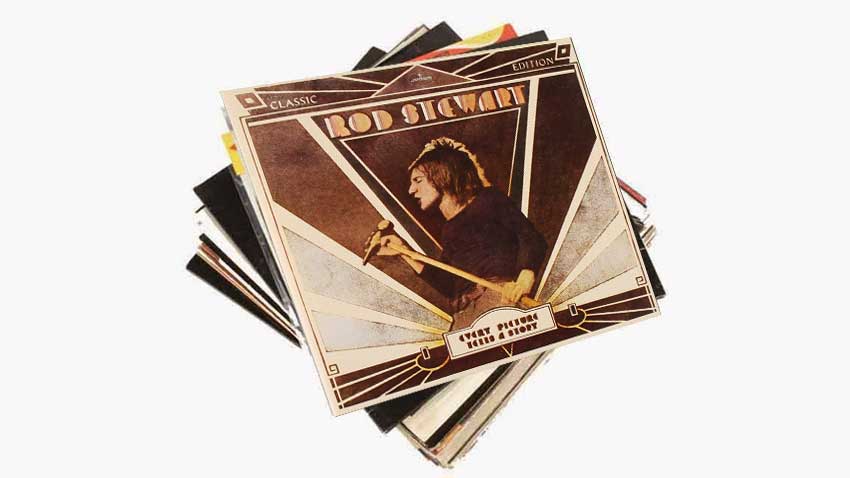
Every Picture Tells A Story (1971)
Okay, so Kenney plays on just one track (the rest are Micky Waller), but what an album to have played on – Rod Stewart’s third and most beloved album. Kenney’s one track is the truly fantastic and epic jam of (I Know) I’m Losing You. Check out the YouTube video below to witness Kenney’s inspired, musical, driving solo and thunderous-sounding maple Ludwig kit.
Key track: (I Know) I’m Losing You
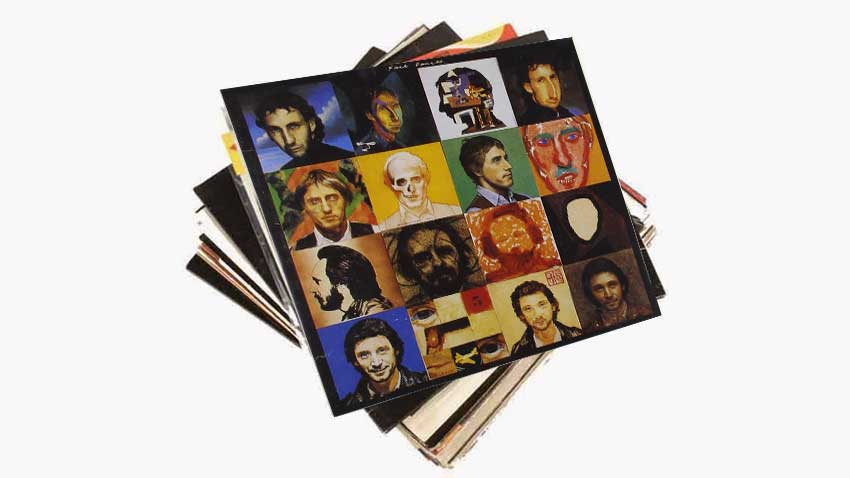
Face Dances (1981)
Kenney replaced his pal Keith Moon in 1978 shortly after Keith’s tragic death, having already helped out on Tommy. The result was a tighter, bigger-sounding Who, with less of the danger of Moon’s drumming but with plenty of power. Jones’ first record with the band was Quadrophenia, but he shines on this 1982 latter Who classic featuring huge tracks like The Quiet One and live favourite You Better You Bet. He would tour with the band until 1982, and then appeared with the band at Live Aid in 1985.
Key track: ‘You Better You Bet
"Reggae is more freeform than the blues. But more important, reggae is for everyone": Bob Marley and the Wailers' Catch a Fire, track-by-track
“Part of a beautiful American tradition”: A music theory expert explains the country roots of Beyoncé’s Texas Hold ‘Em, and why it also owes a debt to the blues
"Reggae is more freeform than the blues. But more important, reggae is for everyone": Bob Marley and the Wailers' Catch a Fire, track-by-track
“Part of a beautiful American tradition”: A music theory expert explains the country roots of Beyoncé’s Texas Hold ‘Em, and why it also owes a debt to the blues









